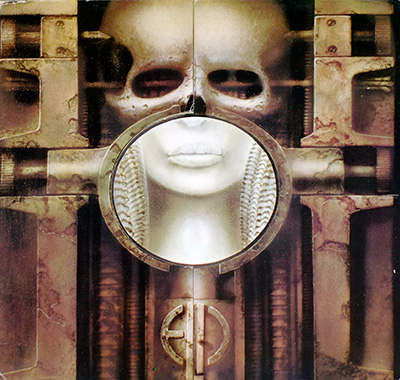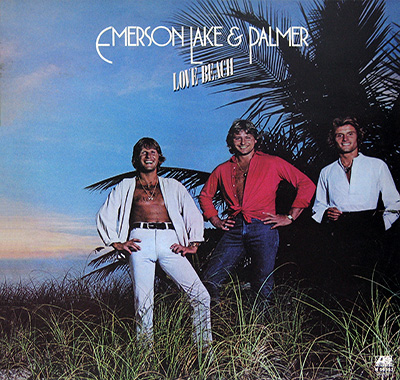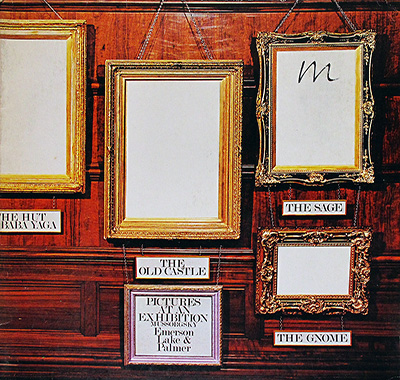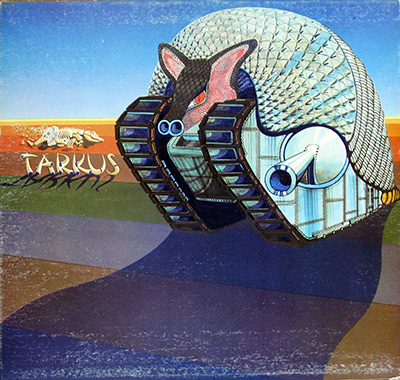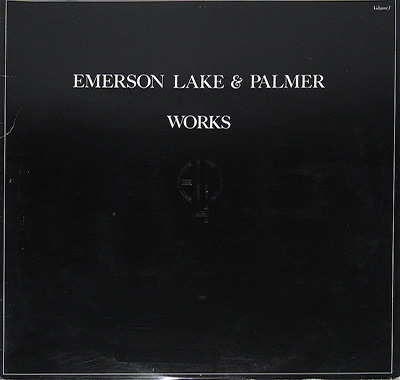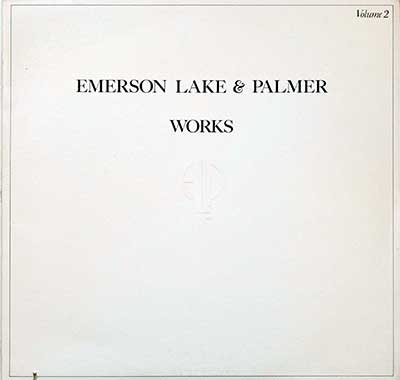"Tarkus" Album Description:
In the realm of progressive rock, few albums have left as indelible a mark as Emerson, Lake & Palmer's "Tarkus." Released in Germany in 1971, this 12" vinyl LP stands as a testament to the innovative spirit of the era and the musical prowess of the band. With sound engineering by Eddy "Are You Ready" Offord and captivating cover art by William Neal, the album's contributions within the context of its time are both distinctive and lasting.
One of the notable aspects of "Tarkus" lies in its sonic landscape, crafted under the expert guidance of sound engineer Eddy Offord. Offord, renowned for his work with progressive rock acts, played a pivotal role in shaping the distinct sound of the album. His technical expertise and creative approach contributed to the immersive experience that "Tarkus" offers, making it a standout release in the progressive rock genre during the early 1970s.
The cover art, featuring intricate paintings by William Neal, adds a visual dimension to the album that complements its musical complexity. Neal's artistry captures the fantastical and otherworldly themes present in the music, creating a symbiotic relationship between sound and imagery. The album cover itself has become iconic, symbolizing the fusion of music and visual art that defined the progressive rock movement.
Released in 1971, "Tarkus" arrived at a time when the landscape of popular music was undergoing significant transformation. The early 1970s witnessed the rise of progressive rock as a genre that pushed the boundaries of conventional rock music. Emerson, Lake & Palmer, with their virtuosic musicianship and conceptual approach, were at the forefront of this movement. "Tarkus" not only showcased the technical prowess of the band members but also demonstrated their willingness to explore unconventional musical structures and themes.
The production of "Tarkus" stands as a testament to the creative freedom and experimentation that characterized the progressive rock scene of the early 1970s. The album's conceptual nature, evident in its titular track "Tarkus," marked a departure from conventional song structures, embracing a more symphonic and narrative approach to music. This departure from the norm contributed to the evolution of progressive rock as a genre that celebrated innovation and artistic expression.
Band Members and Musicians on: Emerson Lake & Palmer Tarkus
|
|
|


